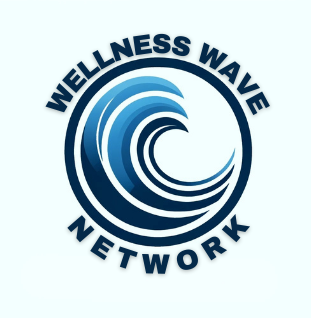
Is Kratom Safe? An Urgent Warning About This Dangerous Supplement
Why We're Breaking Our Own Rules to Warn About Kratom Safety
We've never before singled out a supplement for a direct warning. However, the ease with which anyone can purchase kratom—despite its documented dangers—has become deeply troubling to our editorial team. This substance, which affects the brain similarly to opioids, is being marketed as a "natural" solution while its serious risks are often downplayed or ignored.
The truth about kratom safety is stark: The FDA has documented numerous deaths and severe health complications linked to its use. Unlike prescription medications or even other supplements, there's zero quality control. Products can contain dangerous contaminants, including heavy metals and harmful bacteria. Yet it's sold freely online, in gas stations, and in specialty shops with virtually no oversight.
Understanding Kratom Addiction Potential: A Hidden Danger
One of the most alarming aspects of kratom is its significant addiction potential. Similar to opioids, kratom acts on brain receptors that can create powerful physical and psychological dependence. Users often start taking kratom believing it's a safe, natural alternative to other substances, only to find themselves unable to stop.
What makes kratom addiction particularly insidious is how quickly tolerance develops. Users frequently find themselves needing larger doses to achieve the same effects, creating a dangerous cycle of escalating use. When they try to stop, many experience severe withdrawal symptoms, including intense cravings, aggressive behavior, muscle aches, and profound depression.
Kratom Long-Term Health Effects: The Hidden Cost
The long-term impact of kratom use paints a disturbing picture. Regular users report a constellation of health problems that often develop gradually but can become severe. Chronic kratom use can lead to:
Severe liver damage has emerged as one of the most serious long-term health effects of kratom use. Medical researchers have documented cases of acute liver failure requiring transplantation, with some instances proving fatal. The risk is heightened because liver damage can develop silently until it reaches a critical stage.
Beyond liver concerns, long-term users often experience persistent digestive issues, dramatic weight loss, and chronic fatigue. Perhaps most troubling are the documented cases of cognitive decline and persistent mental health issues that can persist even after stopping kratom use.
Kratom Side Effects: Immediate Risks You Need to Know
Even short-term kratom use can produce dangerous side effects that users often dismiss as minor inconveniences until they become severe. Initially, users might experience nausea, dry mouth, and changes in urination patterns. However, these can quickly escalate to more serious complications.
The most dangerous kratom side effects include seizures, hallucinations, and dangerous changes in blood pressure. These aren't rare occurrences—emergency rooms across the country regularly treat patients experiencing severe reactions to kratom. The risk is heightened because there's no way to predict how any individual will react to the substance.
Choose Safety: Better Alternatives Exist
If you're considering kratom for pain management, anxiety, or energy, know that safer, evidence-based alternatives exist. Work with healthcare professionals to explore options like physical therapy, professional counseling, or properly prescribed medications. These approaches offer real benefits without kratom's devastating risks.
For those currently using kratom: Please speak with a healthcare provider about safely discontinuing use. The withdrawal process can be challenging, but medical supervision makes it safer and more comfortable. You don't have to face this alone.
A Final Warning
Natural doesn't always mean safe. In kratom's case, natural means unpredictable, unregulated, and potentially deadly. The risks simply aren't worth it, no matter how compelling the marketing claims might be.
If you need help with kratom use, contact SAMHSA's National Helpline: 1-800-662-4357. They offer 24/7 support and can connect you with local resources for safe, effective treatment.

